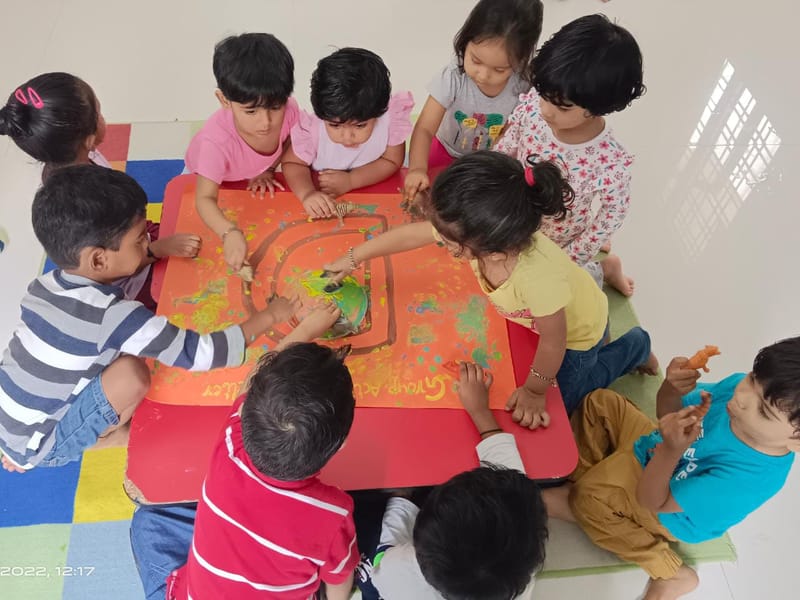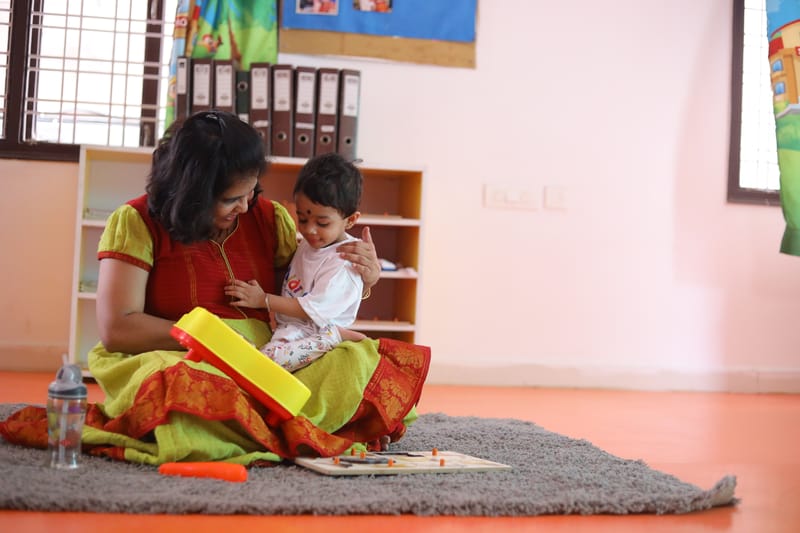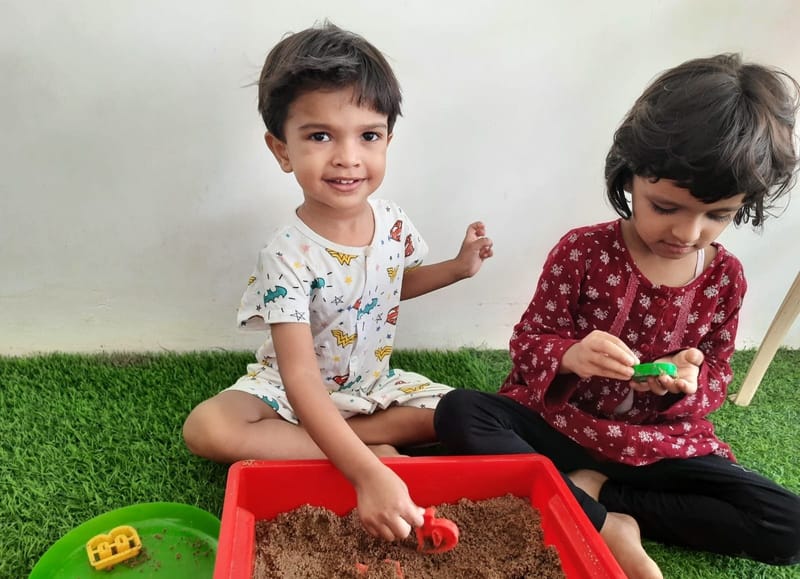Blogs #educators
Discover how Neldrac Early Learning Centers nurture confident and resilient children through the power of unconditional love, age-appropriate challenges, and supportive guidance. Explore practical strategies that empower children to embrace failures, self-encourage, and build meaningful friendships. Join us in fostering a positive environment where little champions thrive and flourish, equipped with the confidence to conquer any challenge that life presents.
Read MoreUnlock the potential of mindfulness in early childhood settings with Neldrac's expert guidance. Explore how educators find serenity while teaching children essential de-stressing and self-regulation techniques. Discover the benefits of mindfulness for educators and young learners alike.
Read MoreDiscover effective strategies and valuable insights to support your child's smooth transition into preschool. From managing separation anxiety to fostering new friendships, this comprehensive guide provides practical tips on establishing routines, incorporating transition activities, and addressing common challenges during the initial weeks of preschool. Empower your child to thrive in their new educational environment with this valuable resource for parents.
Read MoreDiscover why early childhood education should be a global priority, with a specific focus on India. Explore the challenges faced in India, such as low enrolment rates, and the need for increased investment. Learn about the importance of parental involvement, financial planning, and the long-term benefits of quality early childhood education. Understand how prioritizing early education can break the cycle of poverty and foster holistic development, ultimately shaping a brighter future for children.
Read MoreIn today's generation of children, nurturing discipline is crucial for fostering positive behavior, promoting personal growth, and cultivating a harmonious learning environment. Moving away from punitive measures like blaming, shaming, and pain, it is essential to adopt compassionate and effective approaches that inspire children to understand the consequences of their actions and make responsible choices. In this blog post, we will explore 7 practical strategies to nurture discipline and cultivate positive behavior in today's generation of children.
Read MoreIncorporating creative play in children's learning can provide endless opportunities for discovery, improvisation, and imagination. Through role play and pretend play, kids can immerse themselves in their own imaginary worlds and take on any persona they desire. This type of play not only helps children think abstractly, but also fosters social and emotional learning.
Read MoreYoung children are incredibly diverse in terms of their learning styles, abilities, and interests. As educators, we cannot expect all children to learn and thrive in the same way. Instead, we need to recognize and appreciate the unique strengths and talents of each child. By applying a one-size-fits-all approach to education, we risk neglecting the individual needs and abilities of children. Therefore, it is essential to adopt a flexible and adaptable approach that takes into account each child's unique circumstances and learning style. Only then can we provide the best possible foundation for a child's lifelong learning journey.
Read MorePositive guidance strategies have become a crucial aspect of early education, replacing traditional disciplinary methods. Among these strategies, praise and encouragement are two important but different techniques that practitioners use. However, many prefer the latter over the former. This blog post will highlight the key differences between encouragement vs praise, and explain which is more effective.
Read MoreYoung children can have difficulty listening to others for a variety of reasons. On one hand, their brains are still developing and they may struggle with impulse control. On the other hand, they are at a stage in their development where they are beginning to assert their individuality and may resist following the instructions of others. To help children improve their listening skills, parents and caregivers can use specific phrases and strategies to encourage them to pay attention and follow directions.
Read More









